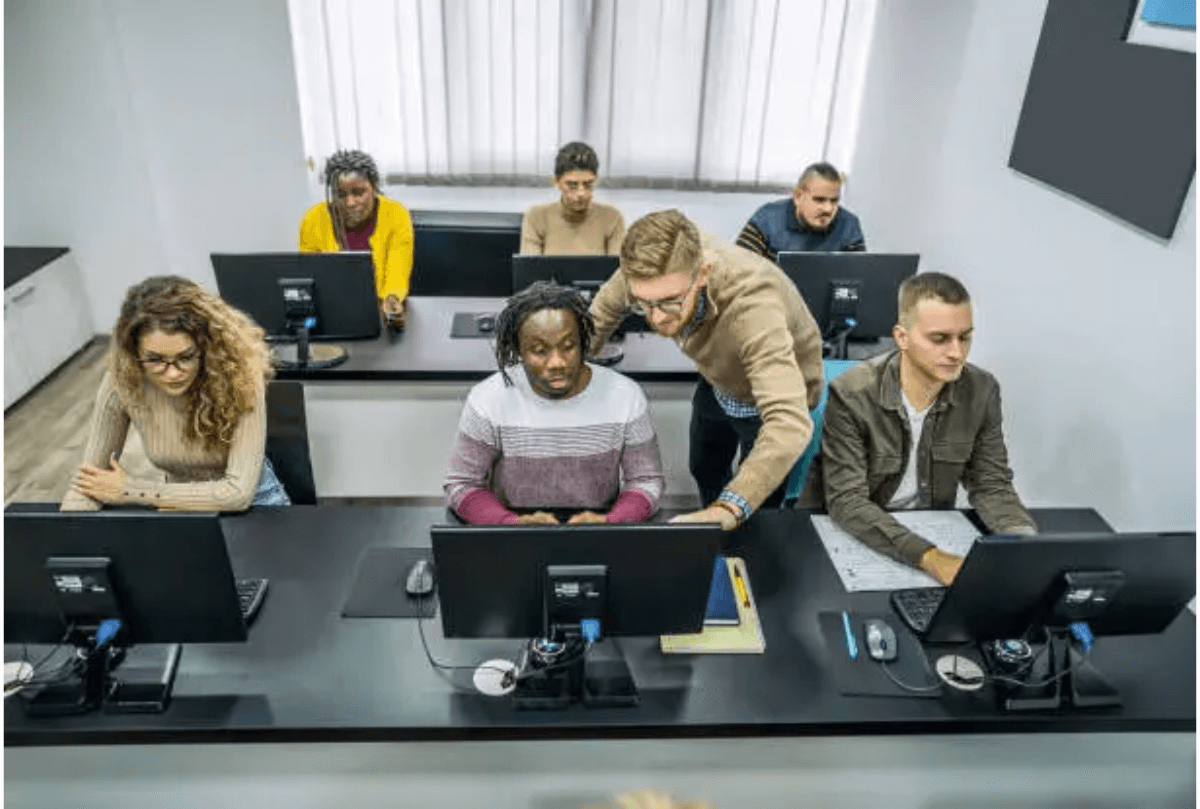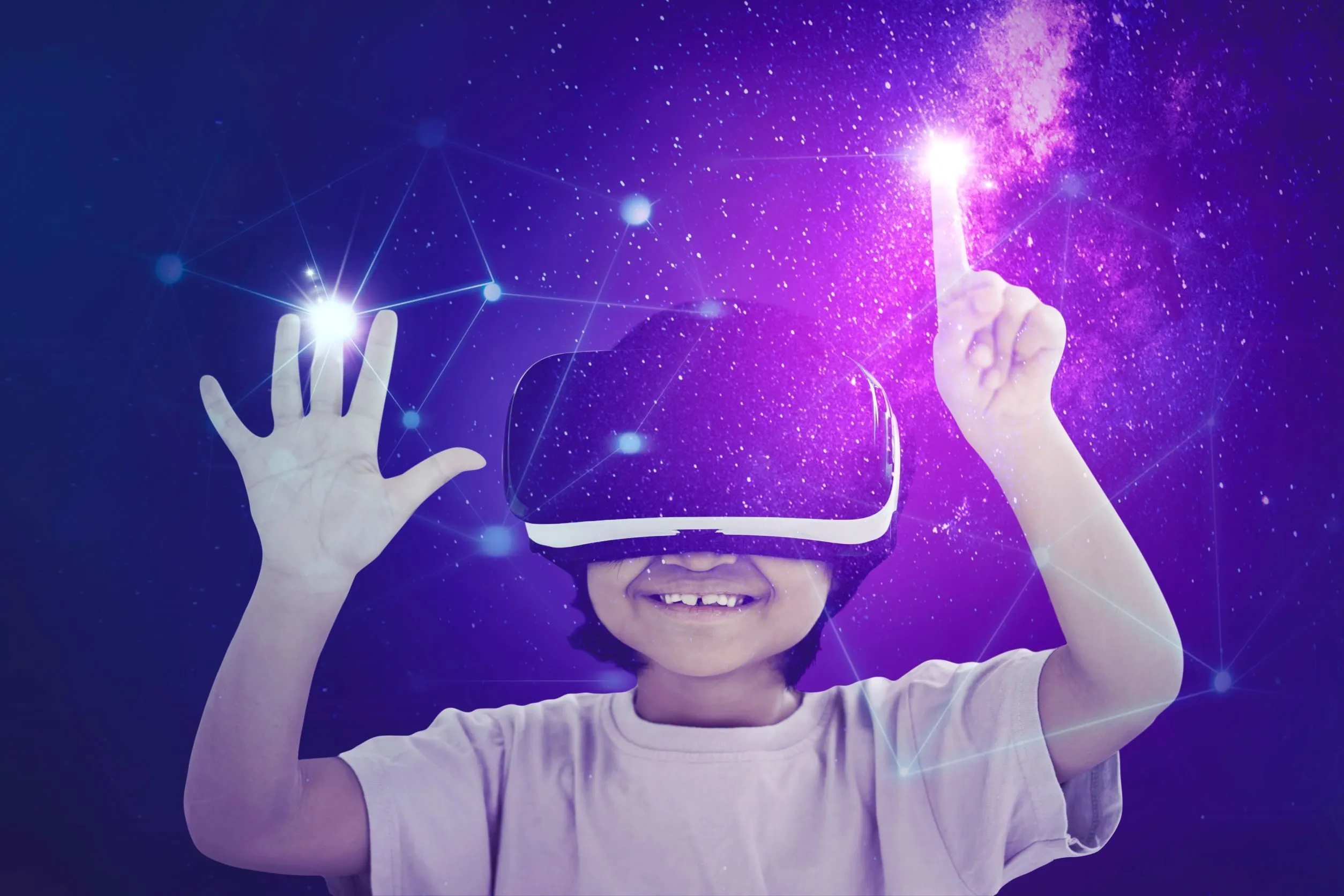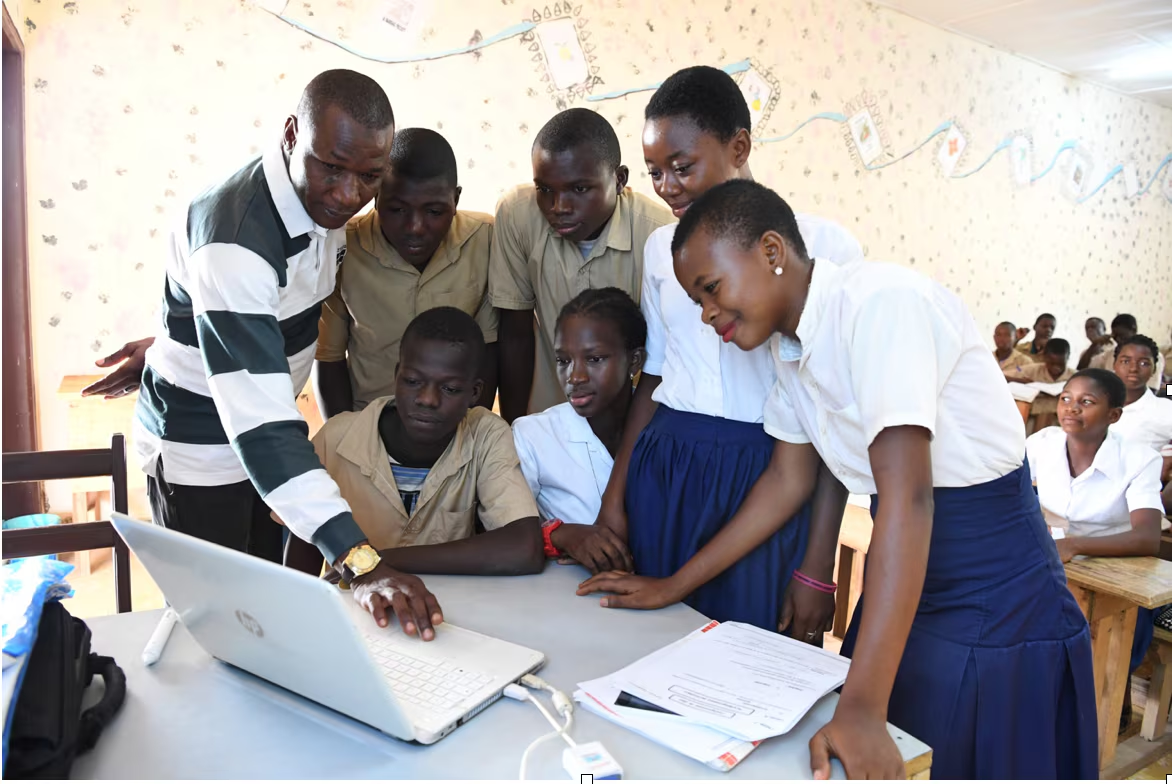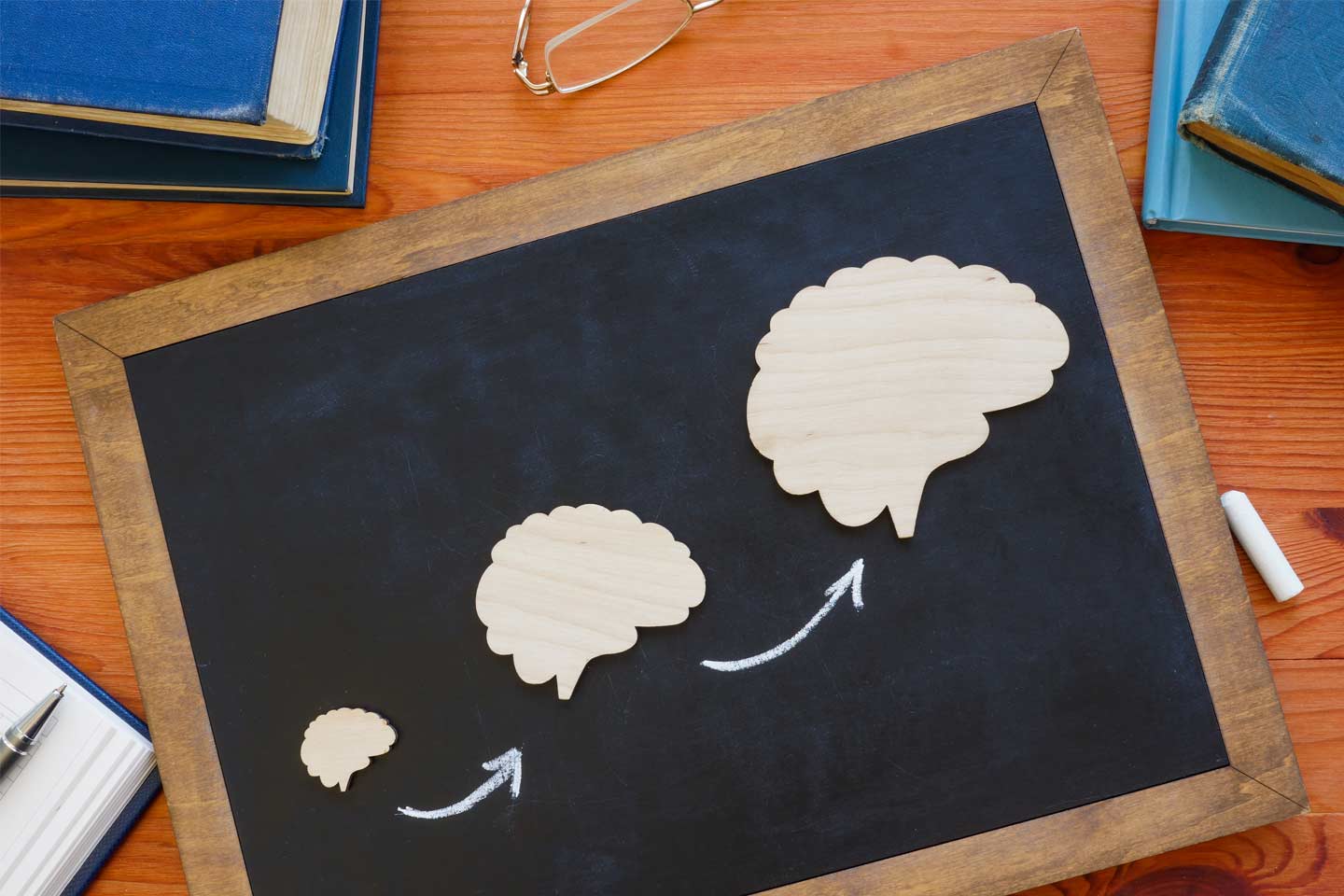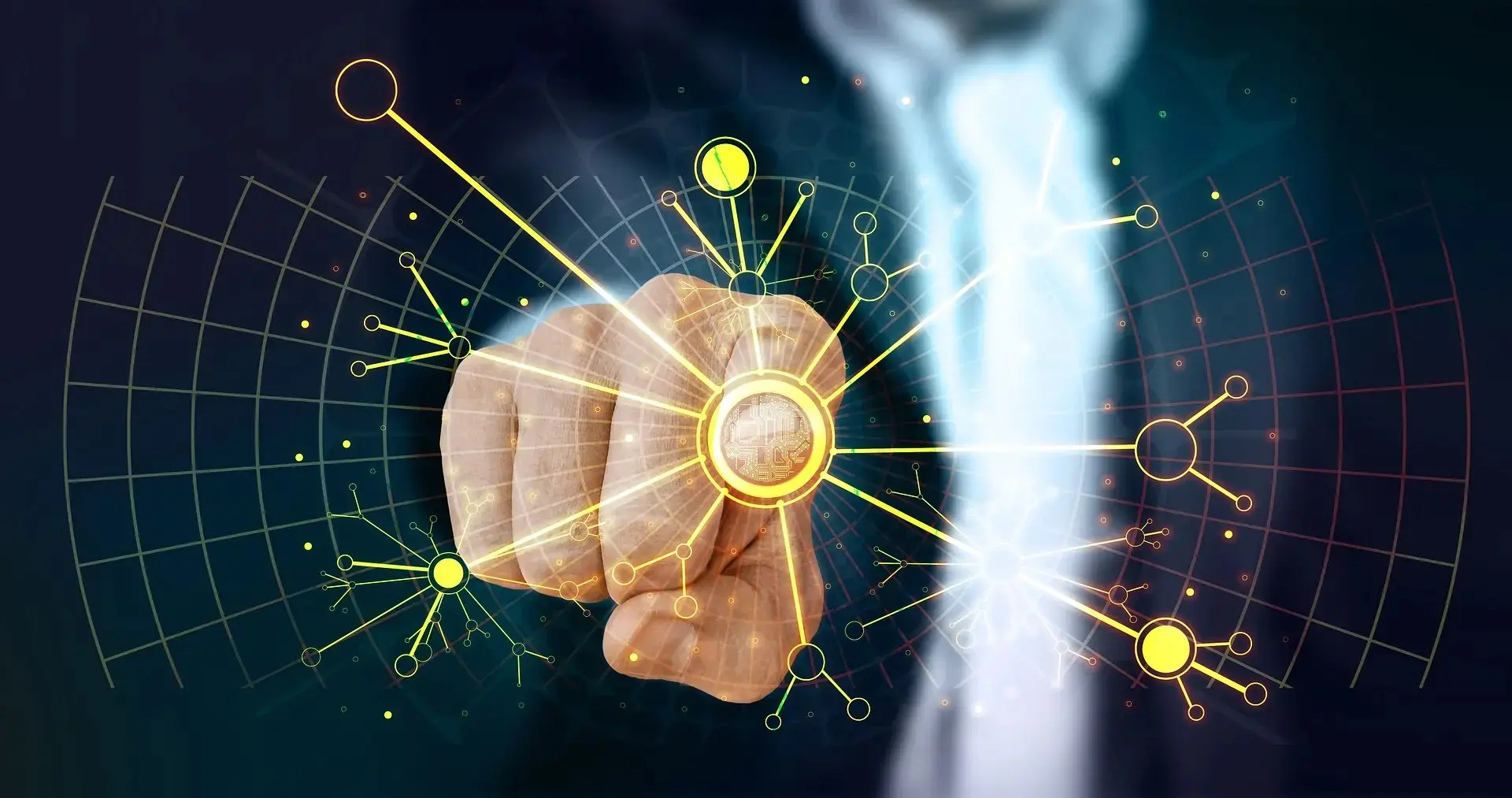The Future of Education: Adapting to a Changing World
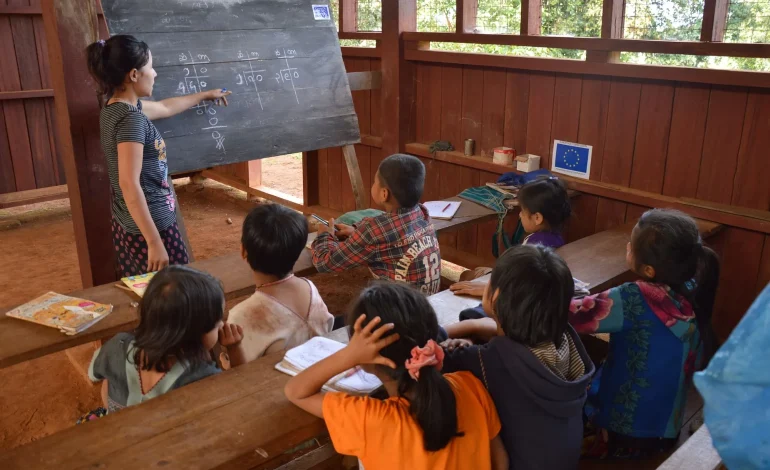
Education has always been one of the most powerful forces shaping human societies. From the earliest days of oral traditions to today’s digital classrooms, learning has been the cornerstone of progress. Yet, as technology evolves and global challenges intensify, the landscape of education is changing rapidly. The future of education will not merely be about transmitting information but about cultivating skills, resilience, and adaptability in an interconnected world.
The Shift from Knowledge to Skills
For much of history, education focused on memorization and rote learning. Students were expected to absorb facts, dates, formulas, and texts, with success measured by their ability to recall information during examinations. However, in the 21st century, information is no longer scarce. Search engines, digital libraries, and AI tools make facts available instantly.
This abundance of knowledge is reshaping what matters most in education. Instead of simply recalling data, students need to develop critical thinking, problem-solving, creativity, and collaboration skills. The emphasis is shifting from what students know to how they apply what they know.
Employers increasingly value skills such as adaptability, emotional intelligence, and digital literacy. For example, a student who understands coding not only memorizes syntax but also learns how to think logically, debug errors, and create solutions to real-world problems. In this context, education must evolve to ensure learners are prepared not just for today’s jobs, but for jobs that do not yet exist.
Technology as a Catalyst for Change
The role of technology in education cannot be overstated. Digital tools are transforming the way students learn, teachers teach, and institutions operate. Virtual classrooms, once a novelty, became mainstream during the COVID-19 pandemic, and their impact continues to resonate.
Learning management systems (LMS) allow teachers to create interactive courses, track student progress, and provide feedback in real time. Artificial intelligence is making personalized learning possible, adjusting content based on each student’s strengths and weaknesses. For example, adaptive learning platforms can identify when a student struggles with algebra and provide targeted exercises until mastery is achieved.
Moreover, technologies like virtual reality (VR) and augmented reality (AR) are opening doors to immersive learning. Students can now explore ancient civilizations, conduct virtual science experiments, or even practice surgical procedures without leaving the classroom. This hands-on, experiential learning creates deeper engagement and better retention of knowledge.
However, the digital revolution in education also comes with challenges. The digital divide—the gap between those who have access to technology and those who do not—remains a significant issue. Bridging this divide is crucial to ensure that technology enhances learning for all, rather than exacerbating inequalities.
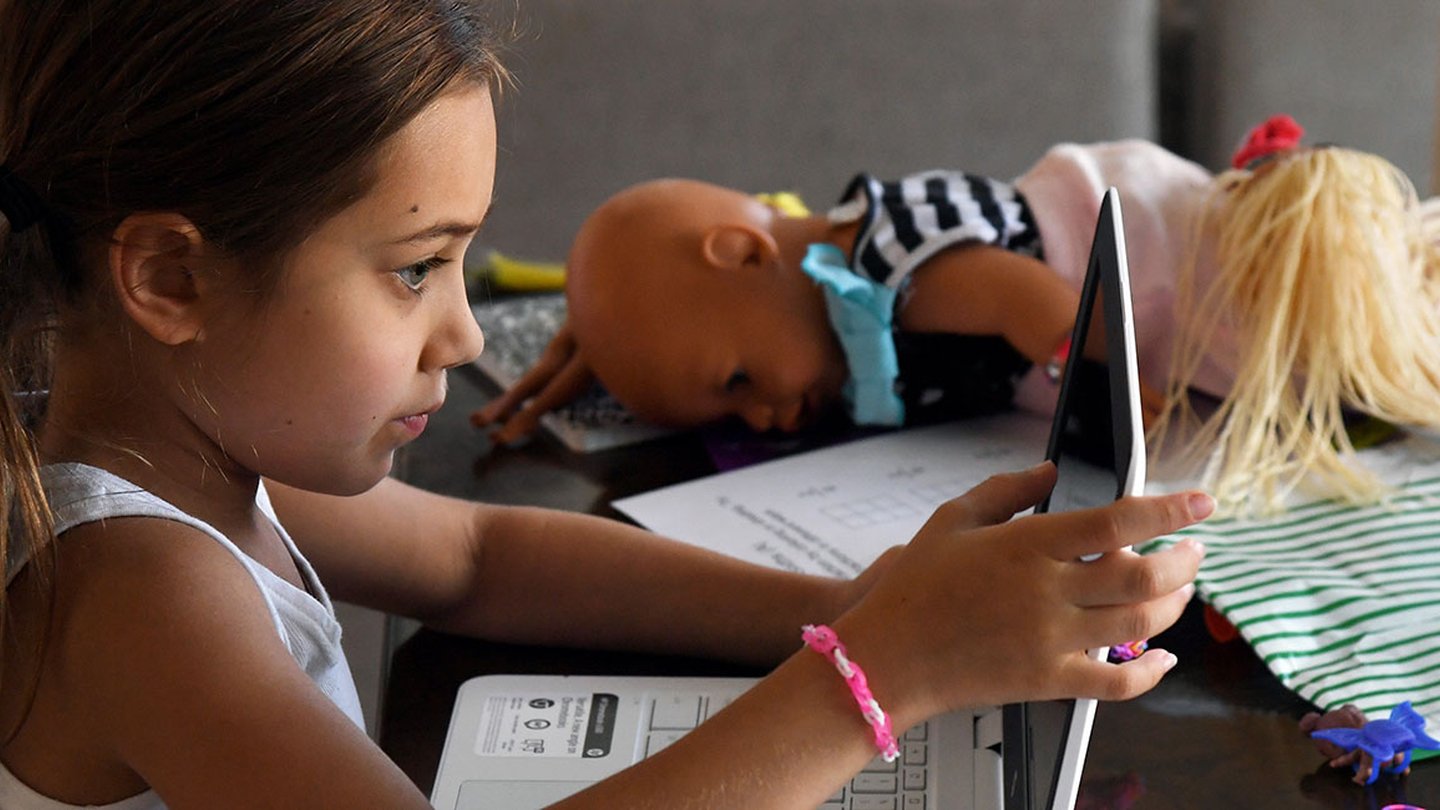
Lifelong Learning: Education Beyond the Classroom
In the past, education was seen as a phase of life—something completed in childhood and young adulthood before entering the workforce. Today, that model no longer applies. The rapid pace of technological change means that knowledge and skills can become outdated within just a few years.
As a result, lifelong learning is becoming essential. Professionals must continually reskill and upskill to remain relevant in their careers. Universities, online platforms, and corporate training programs are responding by offering flexible learning opportunities. Short courses, micro-credentials, and online certifications allow individuals to learn at their own pace and adapt to new demands.
For instance, a marketing professional may pursue a data analytics course to understand consumer behavior better, while a teacher might learn about digital pedagogy to improve virtual classroom engagement. This shift towards continuous learning empowers individuals to take control of their own educational journeys.
The Role of Teachers in the Future
While technology plays a vital role, teachers remain the heart of education. The role of educators, however, is changing. Rather than acting solely as transmitters of knowledge, teachers are becoming facilitators, mentors, and guides.
They help students navigate the overwhelming amount of information available, teaching them how to think critically, ask the right questions, and evaluate sources. They also provide emotional support, fostering resilience and curiosity in learners.
Importantly, the human connection between teacher and student cannot be replicated by machines. A caring teacher can inspire confidence, spark passion for a subject, and instill values that go far beyond academics. The future of education will therefore rely on blending human mentorship with technological innovation.
Education for Global Citizenship
In today’s interconnected world, education must also prepare students to be global citizens. Climate change, pandemics, and geopolitical conflicts highlight how challenges transcend national borders. Students need to understand cultural diversity, sustainability, ethics, and the interconnectedness of global systems.
Programs that promote intercultural understanding, environmental awareness, and social responsibility are gaining importance. For example, schools that integrate global issues into their curriculum help students recognize their role in solving worldwide problems. This shift creates not only more knowledgeable individuals but also more compassionate and responsible citizens.
Challenges Ahead
Despite the exciting potential, education faces significant challenges. Inequality remains one of the greatest obstacles. Millions of children around the world still lack access to basic schooling, let alone advanced digital resources. Gender disparities, poverty, and political instability continue to hinder progress.
Moreover, there is an ongoing debate about the balance between standardization and personalization. Standardized testing provides a measure of accountability but often narrows the scope of learning. Personalized learning, while more effective for individual growth, requires more resources and flexibility. Finding the right balance will be crucial.
Another concern is the ethical use of technology in education. Data privacy, screen time, and reliance on algorithms must be addressed to ensure technology empowers students without compromising their well-being.
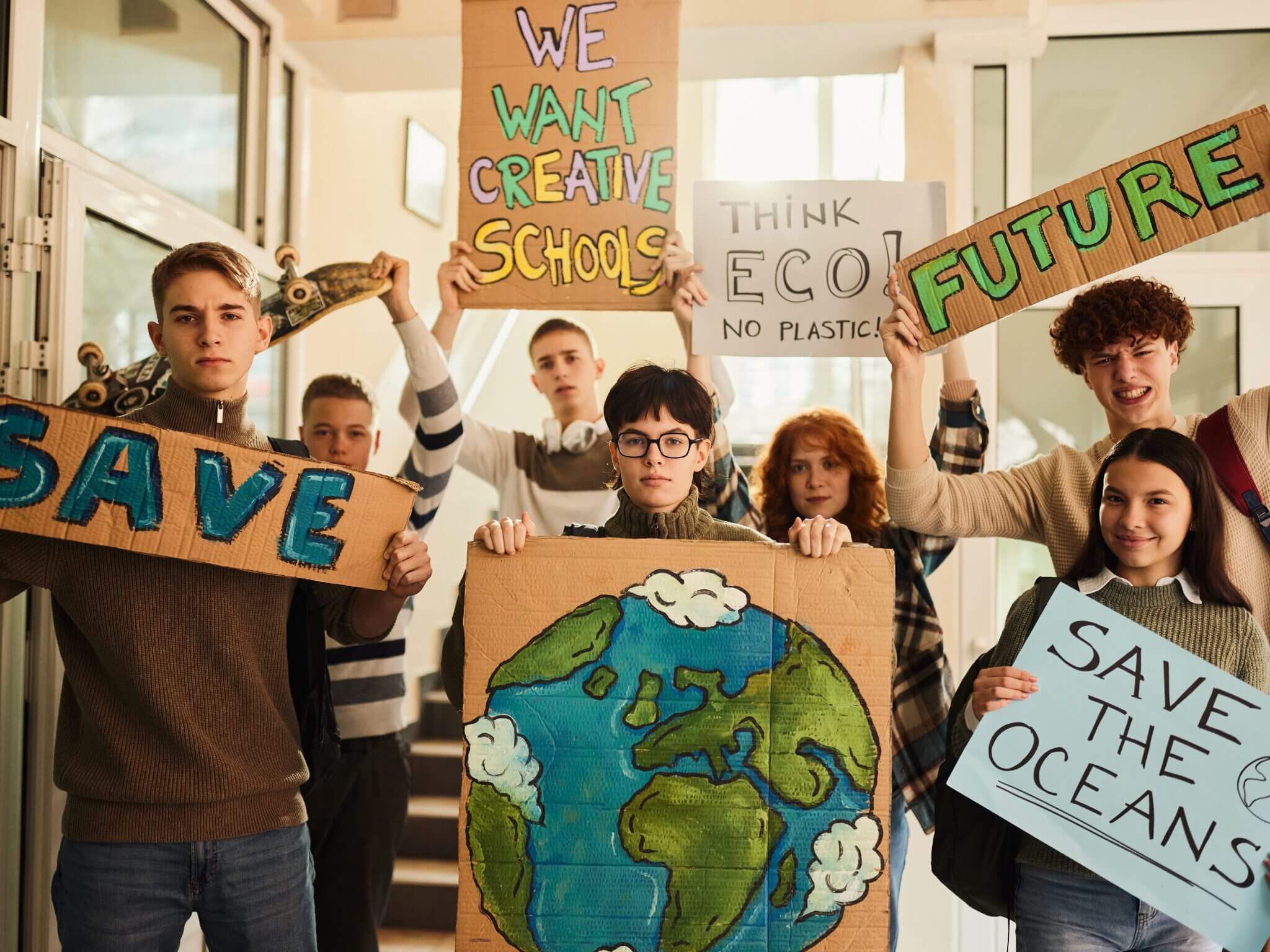
Conclusion: Building an Adaptive Education System
The future of education lies in adaptability. As societies evolve, education systems must be dynamic, inclusive, and forward-thinking. Blending traditional values with technological advancements, promoting lifelong learning, and preparing students for both local and global challenges will be key.
At its core, education is about more than preparing for jobs—it is about preparing for life. It is about nurturing the mind, shaping character, and fostering a spirit of inquiry. As we look to the future, the challenge is clear: to create an education system that equips every learner not just to survive in a changing world, but to thrive and lead with purpose.


